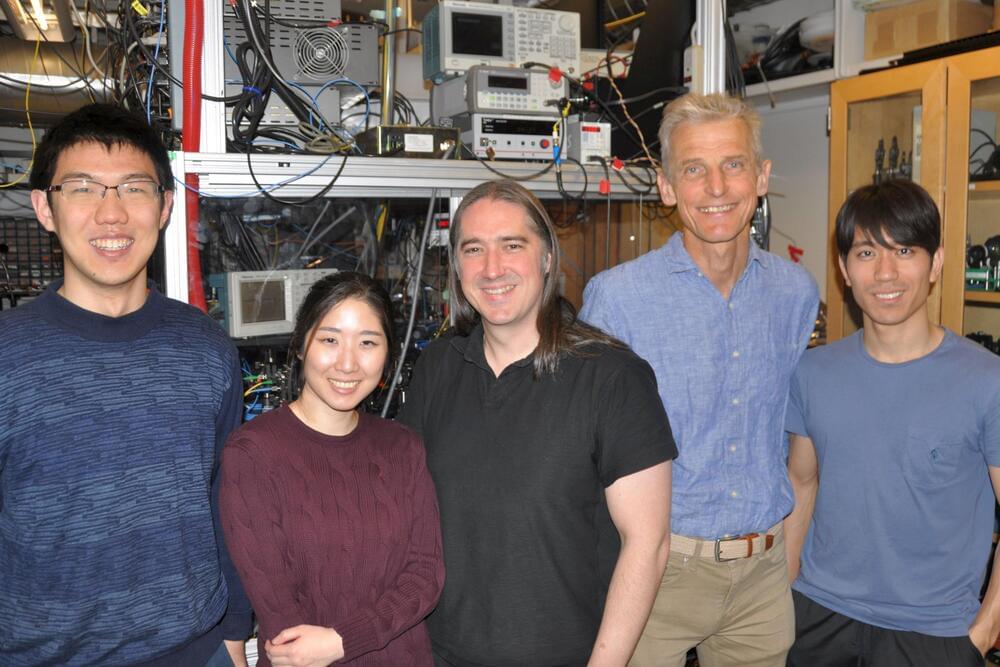Physicists in the MIT-Harvard Center for Ultracold Atoms (CUA) have developed a new approach to control the outcome of chemical reactions. This is traditionally done using temperature and chemical catalysts, or more recently with external fields (electric or magnetic fields, or laser beams).
MIT CUA physicists have now added a new twist to this: They have used minute changes in a magnetic field to make subtle changes to the quantum mechanical wavefunction of the colliding particles during the chemical reaction. They show how this technique can steer reactions to a different outcome: enhancing or suppressing reactions.
This was only possible by working at ultralow temperatures at a millionth of a degree above absolute zero, where collisions and chemical reactions occur in single quantum states. Their research was published in Science on March 4.
